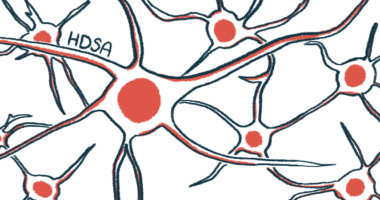Houston Methodist Calls Attention to Movement Disorders

While moving is normal to healthy people, making even the smallest movements may seem a difficult task for those who suffer from movement disorders such as Huntington’s disease. The Houston Methodist Sugar Land Hospital is spreading awareness about these types of conditions and their proper treatment, the importance of seeking professional help and how to improve patients’ quality of life.
Despite looking simple, the act of moving is a complex process that involves different parts of the brain cooperating with groups of muscles. “There are continuous to and from communications between the brain, muscles and nerves. These regulate the power, speed, coordination and balance necessary for smooth actions,” explained the neurologist and movement disorders specialist with Methodist Sugar Land Neurology Associates, Toby Yaltho, MD.
“A movement disorder results from the alteration of these communications and can sometimes lead to difficulty walking, involuntary movements, tremors or problems with posture and balance,” continued the physician. These movement disorder are widely prevalent, and in some patients are a result of genetic causes such as Huntington’s disease, a neurogenerative, genetic condition characterized by loss of muscle coordination, combined with mental impairment and behavioral symptoms.
Other common movement disorders include essential tremor, a condition that causes tremors or shaking as patients attempt to do a normal task, affecting about one in every 20 people older than 40 and whose prevalence increases with age. Parkinson’s disease is also considered a movement disorder, affecting over a million people in the United States alone with 60,000 new cases every year.
“The proper treatment of movement disorders requires a great deal of coordination and communication between physician and patients,” added Yaltho, who is board certified in both neurology and sleep medicine and fellowship trained in movement disorders and neurophysiology. “Seeing an experienced specialist who understands available treatment options is important. I follow my patients very closely and make adjustments as necessary.”
To address movement disorders, such as ataxia, dystonia, essential tremor, Huntington’s disease, multiple system atrophy, myoclonus, Parkinson’s disease, progressive supranuclear palsy, restless legs syndrome, tardive dyskinesia, Tourette syndrome and Wilson’s disease, the Houston Methodist Sugar Land Hospital emphasized the importance of seeking experts in the field, as well as combining both medical and patients’ efforts.






